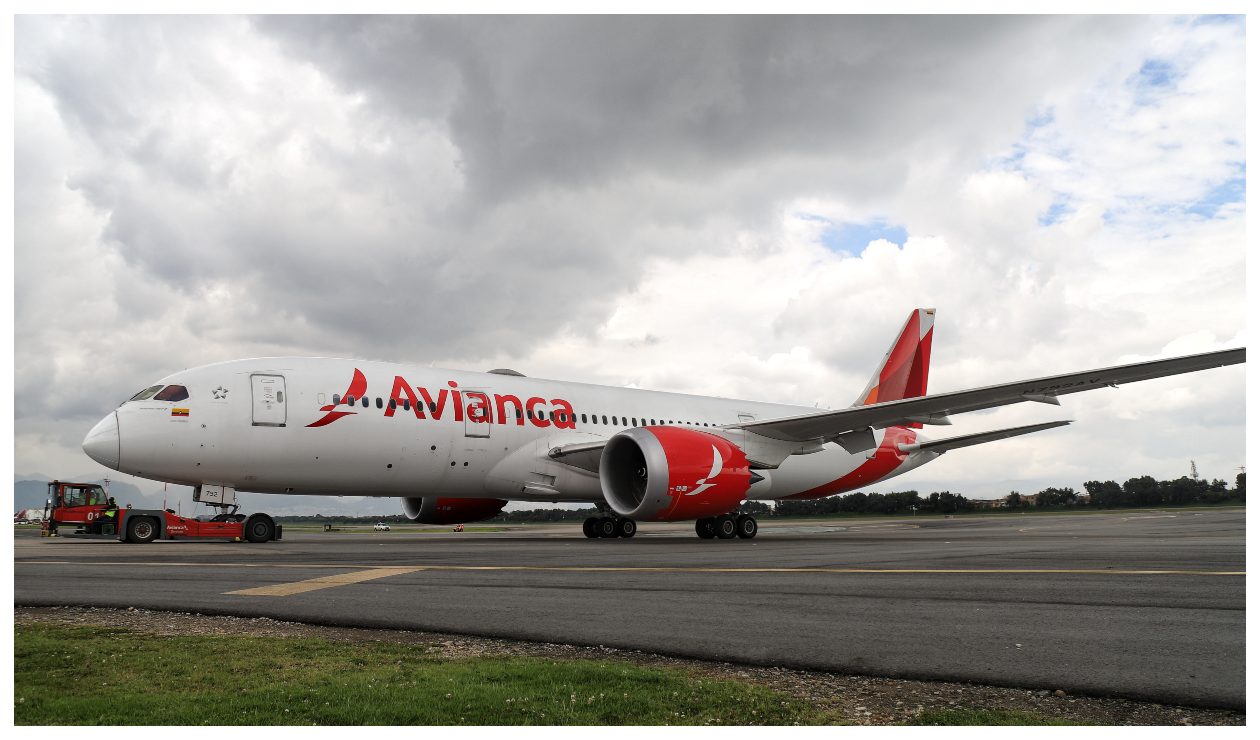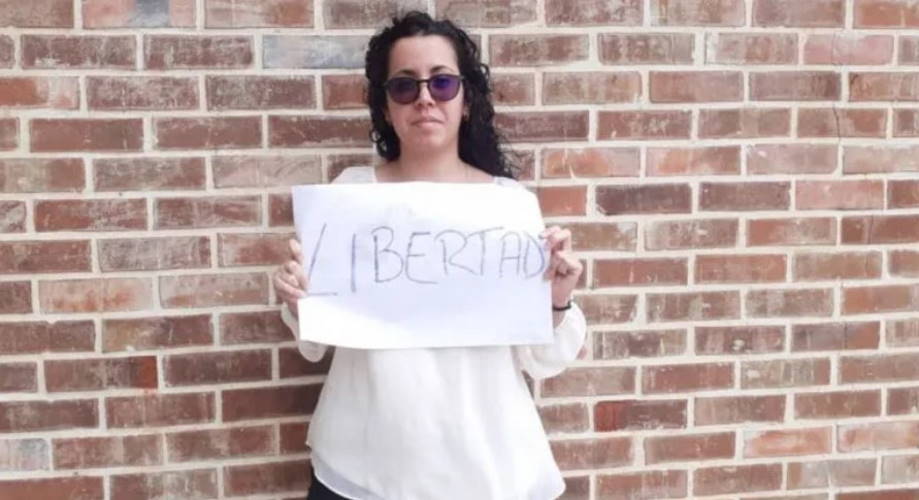The Council of State annulled the resolutions of the Superintendency of Ports and Transportation that forced the aviation company Avianca to pay more than 8,000 million pesos for collections as a taxpayer of the surveillance rate, which covers the entities that are under the supervision of that body.
The decision that favored Avianca was given when studying a lawsuit that that company imposed against the Superintendence that in 2015 ordered the payment of the balance of the surveillance fee for the validity of 2013 and 2014 in an amount of more than 4,000 million for each year, respectively. .
Avianca filed several appeals against these resolutions that were denied, until it went to the lawsuit considering that the regulations that forced him to pay those millions were illegal for several reasons.
Avianca told the Council of State that it had not been notified of the denial of its resources and that the decisions of the Superintendence were untimely and illegal due to a decision of the Constitutional Court that overthrew the formula with which the money was being charged to Avianca.
read also Elections 2022: Profile of the women who could reach the Vice Presidency
“Forgetting said entity that by declaring said elements unenforceable, the surveillance rate cannot be applied”[…]under penalty of imposing a tax that lacks legal support and therefore violates the principle of legality and predetermination of taxes”, reads the ruling.
The case went through Administrative Court of Cundinamarca that proved Avianca right. What the Council of State did was confirm that decision.
The Council of State held that the Superintendence could not issue regulations to “seek to collect the surveillance fee based on the formula that imposed on the new supervised, such as Avianca, to contribute to finance both operating costs and investments of the Superintendence.
The Council of State confirmed that “the acts demanded were issued after ruling C-218 of 2015 of the Constitutional Court, which declared the formula provided for the new guards unconstitutional. For the room, the effects that, in the future, this judicial order imposed were unknown.







